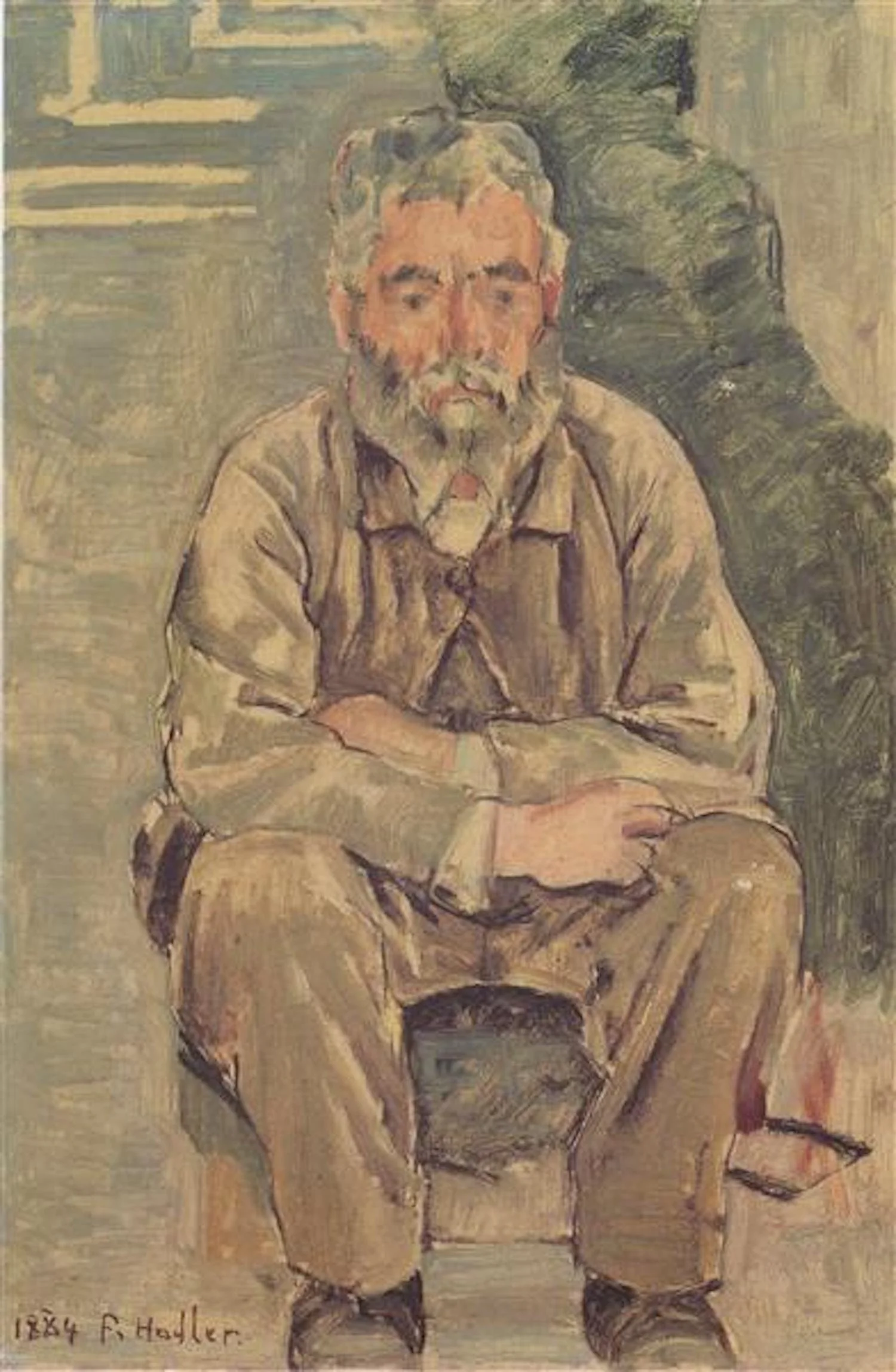The PATH: Meditation, Journaling, and Contemplation
sent by J.W. Bertolotti | May 30, 2022
Welcome to The PATH — A weekly reflection with three timeless insights into daily life.
1. Meditation
The most common form of meditation is breath meditation, or mindfulness meditation, in which you bring your attention to your breathing. The Buddhist teacher Pema Chödrön (author of When Things Fall Apart) suggests that meditation allows us to have open, compassionate attentiveness to whatever is going on.
To the question — How long should one meditate? There’s a Zen saying that answers — “You should sit in meditation for 20 minutes a day. Unless you’re too busy, then you should sit for an hour.” Recently I’ve heard several people call themselves failed meditators (or “I’m not good at meditation”).
In truth, the only way to fail at meditation (or any contemplative practice) is by not doing it.
“The practice of meditation teaches us how to relate to life directly,” explains Chödrön, “so we can truly experience the present moment, free from conceptual overlay.”
——
2. Journaling
The philosopher Heraclitus said, “Day by day, what you do is who you become.” An essential aspect of any philosophy of life is examing our words and actions. A century before Socrates famously proclaimed, “the unexamined life is not worth living,” the philosopher Pythagoras stressed the practice of self-reflection.
In On Anger, Seneca put it this way,
“When the lamp is taken out of my sight…, I pass the whole day in review before myself, and repeat all that I have said and done. I conceal nothing from myself and omit nothing.”
A word of caution regarding the art of journaling (and life in general) is the tendency for unhealthy self-judgment. A critical aspect of self-reflection is forgiveness and avoiding the trap of perfectionism. Consider this crucial question from Seneca: “Why should I fear the sight of my errors when I can admonish and forgive myself?”
The practice of self-reflection from Pythagoras can be distilled into three simple questions: What have I done wrong? What have I done well? What have I omitted?
The practice of journaling enables us to examine our day in an objective and non-judgmental way. As a Zen saying puts it, “You are perfect the way you are … and you can use a little improvement.”
——
3. Contemplation
In Nicomachean Ethics, Aristotle wrote, “contemplation is the highest activity of human life.” Similarly, the theologian Meister Eckhart said, “What we plant in the soil of contemplation, we shall reap in the harvest of action.”
But, how does one actually practice contemplation?
My interview with Meghan Sullivan and Paul Blaschko (authors of The Good Life Method) discussed the topic of contemplation. Blaschko explained,
Today we often think of contemplation in ways that can be valuable and important. But really, we aren’t thinking the way that the ancients often thought about contemplation. Aristotle thinks contemplation is the highest thing in us. In almost mystical terms by this point, in the Nicomachean Ethics.
Simply put, contemplation is the act of deep reflective thought. For this reason, contemplation requires immense patience. The poet Rilke illustrated this point nicely in Letters to a Young Poet,
Be patient toward all that is unsolved in your heart and try to love the questions themselves…. Live the questions now. Perhaps you will then gradually, without noticing it, live along some distant day into the answer.
We are wise to remember that contemplation is a lifelong endeavor with no goal to attain. The practice of contemplation, like virtue — is its own reward.
Image: Seated bearded man by Ferdinand Hodler (1884)
——
Thank you for reading; I hope you found something useful. If so, please consider sharing it with others.
Each week, we send a short reflection with three insights to help you live your highest good. If you are not a subscriber to The PATH, you can sign up here to receive it right to your inbox.






